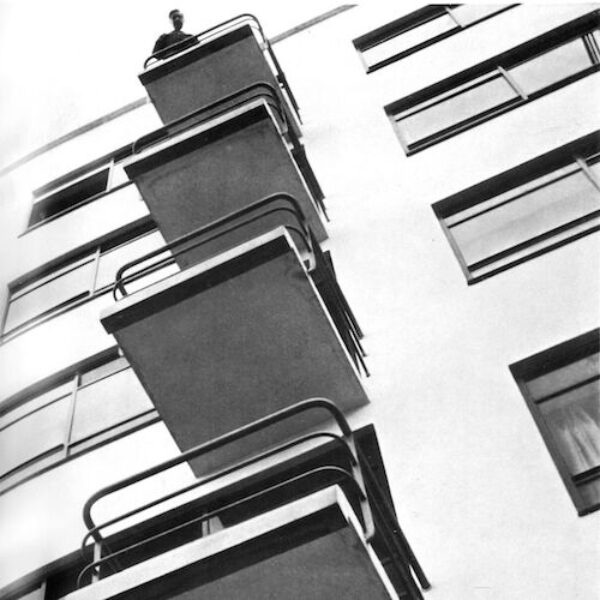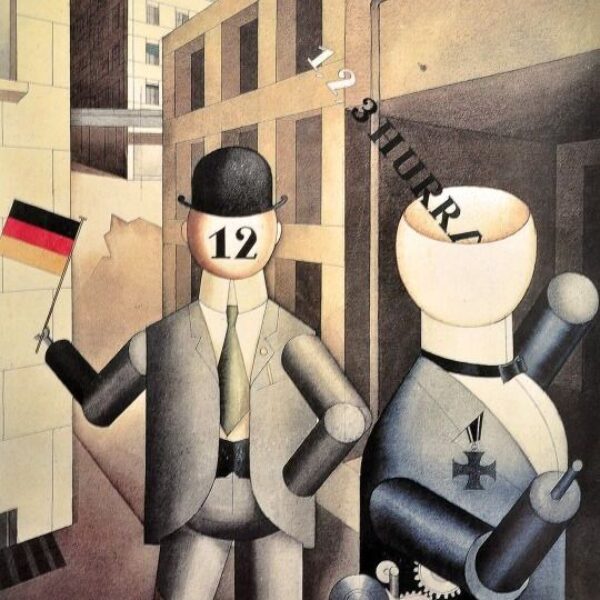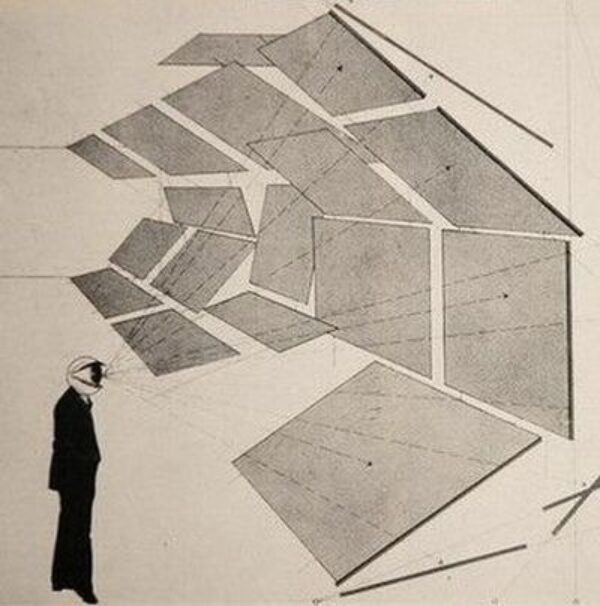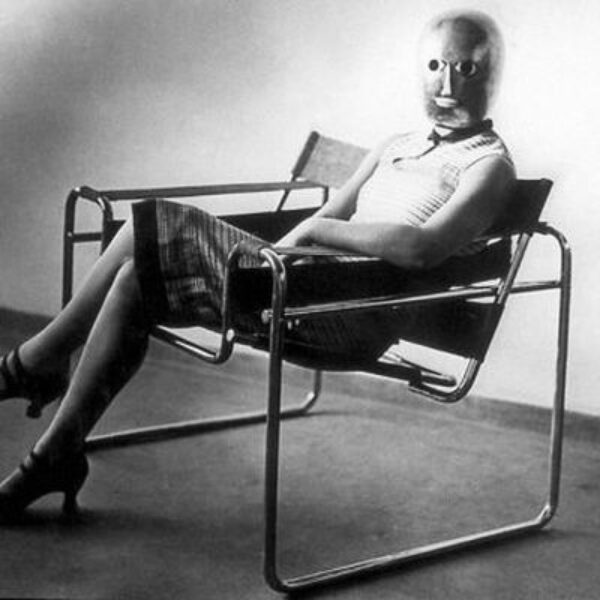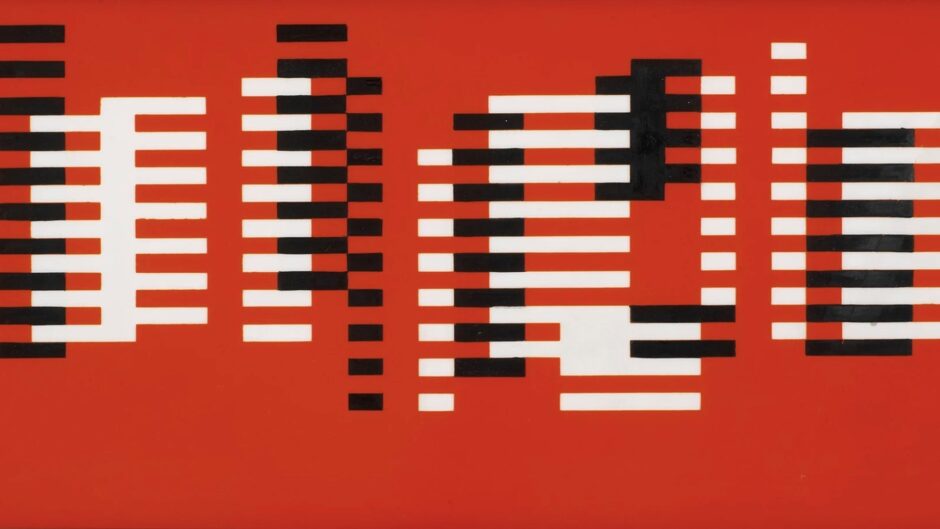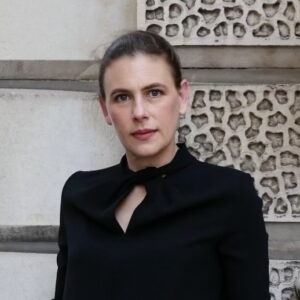Burgeoning modern cities such as Berlin, in the early decades of the twentieth century, offered an unending supply of enchanting spaces, activities, and modes of dwelling—to an elite. Whether one entered one’s domicile via a marble-lined front hall serviced by an electric elevator or was chauffeur-driven to a vast modern villa in the city’s leafy edge, modern life offered much to the affluent consumer. The other face of modernity, the grim realities of mechanized factory life and substandard housing, is depicted in artworks and films such as Fritz Lang’s Metropolis.
Against this backdrop of distinctive modern social stratification, this module will use a wide range of cultural objects—art, architecture, use-objects, interiors, film, fashion, print culture, and fiction—to interrogate the objectives and achievements of German modern architecture and design in the first half of the twentieth century.
Grounding our examination in Berlin, we will look at international modernism’s utopian ideals, expressed in fantastical architectural drawings and films that depicted gadget-filled interiors to tout the wonders of modern architecture, new housing blocks, institutions such as the Bauhaus, and the embracing of the aesthetic of machine culture in art. In the context of the rise of modern capitalism we will examine the aftermath of war and devastating financial crises; developments in conspicuous consumption, in terms of the rise of the store window and fashionable department stores; the shifting experience of the city, in light of modern surfaces; and the aura of the art object, in the face of reproduction.
Thus, this course asks: What influence did the culture of modernity—in spheres such as art, architecture, film, and fashion—exert on the city’s inhabitants, and vice versa? What were the effects of capital, production, and materials on modes of dwelling? What was modernism’s role in confirming or stabilizing social position, overcoming threats to the status quo, or revolutionizing society? Throughout the course, London’s collections will be utilized to examine the era’s artefacts and participants will also undertake a group study trip to Berlin to examine the course’s themes in architecture, art, and design in situ. Using a wide range of primary and secondary literature, period theorists such as Siegfried Kracauer, Walter Benjamin, and Georg Simmel, as well as novels and the era’s popular journalism, the complexities of modern art and architecture will be examined in the context of period thought and experience.
In the event that a course leader is on sabbatical, takes up a fellowship, or otherwise is not able to teach the course, they will be replaced by another experienced course leader either for a semester or, in some cases, the academic year.
Please note: whilst many Special Options will include site visits within the UK and further afield, these are subject to confirmation.
Course Leader
